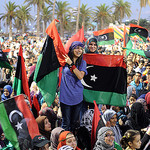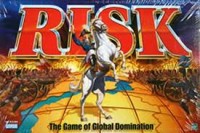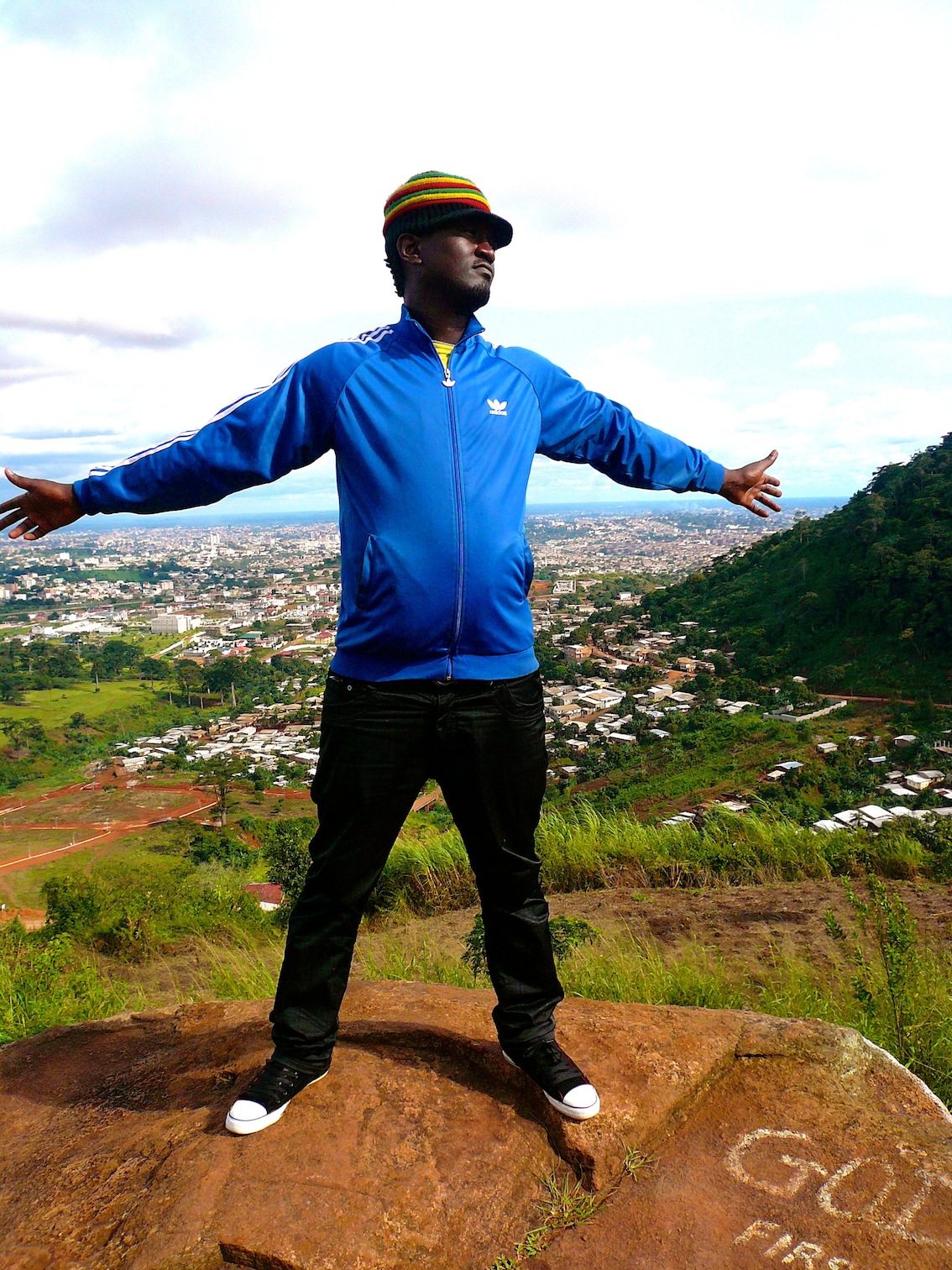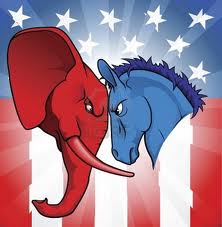
Winning the Peace: Libya’s transition is still perilous, but there is reason for hope
Libya’s outgoing Prime Minister, Adurrahim al-Keib, stated recently that “we are seeing the birth of a new Libya that is as beautiful as the waves of the sea.” Yet, given the enormous task of building a new democracy from scratch — and the equally immense economic, ethnic and political problems plaguing the new state — those waves belie turbulent currents.

The Best Defence is Dialogue
The recent visit to Beijing by the U.S. secretary of defense, Leon Panetta — which coincided with State Department statements that the U.S.-Japan security treaty would apply to the disputed Senkaku Islands — highlights the growing tension with China over America’s military presence in Asia, Chinese efforts to counteract it, and the dangerous misperceptions that can arise if defense strategy gets in the way of diplomacy.

International Conflicts: What is the difference between risk and uncertainty?
To answer this question, I’ll begin with a few basic statements. Risk is tangible; uncertainty is not. One can define risk, but one can barely delineate the outer layers of uncertainty. Risk can be rendered concrete; uncertainty cannot.

Le Rap Mboa: Conversations on Cameroonian Rap and Politics
This interview with Cameroonian rap-reggae artist, Soumalek of the group Sumanja, shows how Cameroonian rap provides critical insights into the lived experiences of the global capitalism of uneven development in urban Cameroon.

The Loneliness of a Moderate Muslim
I am a Muslim and I condemn the rampant and widespread violent protests over a badly made anti-Islamic film. I believe one needs to have a very high bar when it comes to getting offended. If everything is offensive to you, then it is perceived that something is wrong with you. The Indian government proved it recently with its tantrum against cartoonist Aseem Trivedi’s mediocre caricatures. Now a section of radical Muslims is proving it over an insignificant film. I saw “Innocence of Muslims” a couple of days ago on YouTube. It is a laughable attempt at insulting Muslims and sooner rather than later would have met its fate at the hands of a Ricky Gervais or a Jay Leno. …

A Choice Between Two Candidates — and a contest between two campaigns
Mitt Romney and Barack Obama not only have different blueprints for America. They also have different blueprints for their campaigns for President of the United States of America. Look for example at the four key elements of message (PR), money (fundraising), media (advertising), and mobilization (field operations/get-out-the-vote). The Obama re-election effort is, arguably to an even greater extent than David Plouffe has already acknowledged the 2008 campaign was, modeled on George W. Bush’s 2004 campaign: In terms of message, the goal is to paint Romney (then John Kerry) early as a man of questionable character unfit for the presidency, present Obama (Bush) as a man of principle who you may not like but who is doing what he believes is …
Inside the Libyan Street
Jason Pack and Andrea Khalil in Monday’s Wall St. Journal. Written in Benghazi, Libya– September 11th now signifies a national tragedy not only for the United States but also for Libya. The killing of Ambassador Christopher Stevens in Benghazi during last Tuesday’s attack on the U.S. mission has upset the delicate political transition from dictatorship to democracy that was unfolding here in Libya. It also has obscured parliament’s prudent selection last Wednesday evening of Mustafa Abushagour—a moderate Islamist and respected technocrat—as prime minister. Yet spontaneous street demonstrations throughout the week denouncing the attack and seeking to pressure the government to act against its perpetrators suggest that Libyans are determined to build an inclusive society, free from fear. On Wednesday night …

Tehran 2012: From the Axis (of evil) to the Non-Aligned Movement
After long years of silence and quiescence, the Non-Aligned Movement gained momentum in the debate about global governance and the management of alternative strategies of engagement with the world of international affairs. The setting was an unusual one per se, suggesting that the 16th gathering of the NAM was likely to be of a different nature. Indeed, Tehran, during the heated summer of 2012, seemed to be one of the less aligned capitals of the world, for a number of issues, widely debated in political science circles as well as among foreign policy decision-makers. Crippling sanctions, shadow negotiations and an on-going regional conflict in the Middle East, with several branches developing in Syria, Lebanon, Bahrain and perhaps Yemen, have put …









